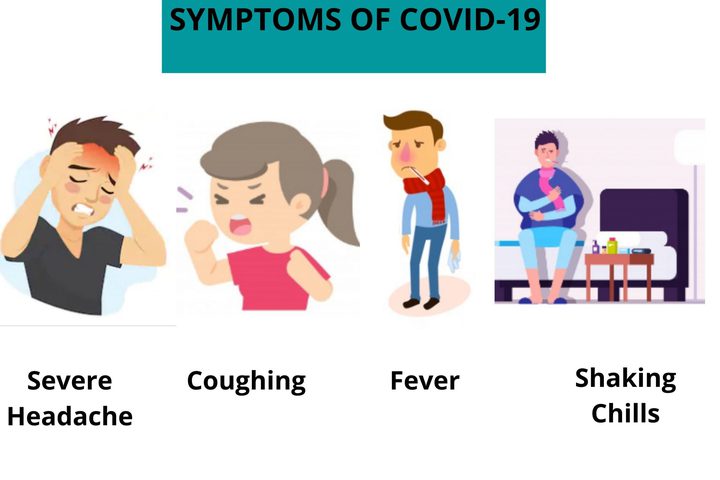An-Najah News - Nablus - A faculty member in the College of Medicine and Health Sciences at An-Najah National University, who specializes in microbiology and immunology, Walid Al-Basha, confirmed that recording (70) infections with the corona virus in Jerusalem raises the alarm, indicating that the data indicate that the situation in Jerusalem is going for the worst, due to the occupation measures and the prevention of taking preventive measures, and not conducting tests.
In his reading of the number of infections so far in Palestine, and if this number indicates that we have passed the stage of danger, Pasha said: “We need at least two weeks to get past the danger stage, and as long as the number of infections rises in the occupation state we are not safe, there is a large number of workers who are difficult to control. The crossings have been opened to allow them to return, and focus must be on this category and where it is coming from. Some areas in the occupation state have not recorded any infections and some areas have an outbreak, and this must be taken into consideration.
“When the number of Corona virus infections begins to decrease in the occupation state then we can say that things will stabilize and we will have passed the stage of danger. We need to see if there will be any cases within 14 days, and then we can say that control of the virus has started,” Al-Basha continued in an interview with An-Najah News.
Al-Basha expected that (50%) of the cases that are infected with corona virus in Palestine are not tested, and symptoms did not appear, and this raises an important question, how many coronavirus cases we may have who are asymptomatic and may pass the infection to other people?
Al-Basha stressed that the sensitivity of the corona examination is (70%), meaning that (30%) of the cases are not detected by the test, and sometimes the result of the test changes, it is negative and then becomes positive, and this is what happened with a number of infections.
In a comparison of the number of samples taken if compared with the number of citizens in the West Bank and Jerusalem, Al-Basha said: “The samples that were taken were random, and this makes it difficult to talk about the ratio between the samples and the number of citizens, because the samples were taken from people who have the possibility of infection and at the same time of people with no possibility of infection so it is difficult to talk about such a statistic.”






